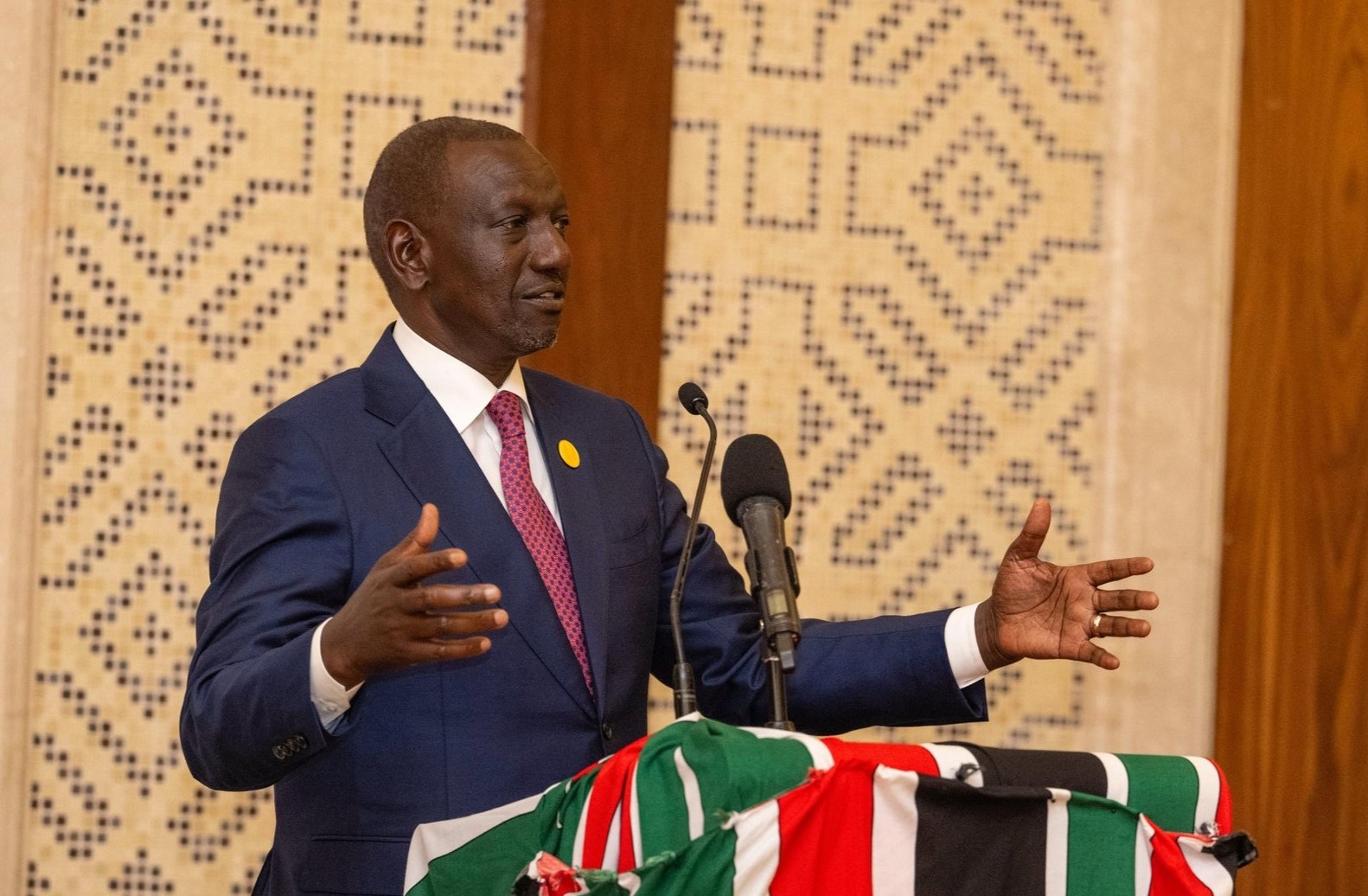It is common knowledge that Kenyans are the greatest and fastest consumers of new information technologies in Africa, if not globally. If you do not believe me, ask KOT.
TikTok is by far the fastest-growing social media platform in the country. Like any other platform, TikTok has raised some concerns regarding the controls on its application and content generated and shared. Yet, to their detriment, these calls often ignore some basic facts.
We must first acknowledge that many young and responsible Kenyans, and some young-at-heart adults, rake in huge cash from TikTok every day. The government knows how much money is generated from TikTok by Kenyans; just ask the taxman.
You hardly hear questions being raised concerning the content that generates the most cash. And trust me, the old rule still reigns supreme even as far as the pseudo-journalism of social media is concerned: what bleeds leads. The worst content attracts the most views and subscriptions.
Here is another fact: issues of social media content are more about morality than legality. Therefore, calling for legislative actions, without moral discourse, is bonkers. We should be framing our questions on ethical grounds and inviting moral formators to dialogue and action. At the least, all the government can do is provide the legal basis for articulating moral issues, but certainly banning social media platforms is a mirage.
Even in matters law, blame and subsequent responsibility are always apportioned based on who is in the best place to fix the problem. So, who is in the best place to control the content generated, posted and consumed on TikTok?
The answer is certainly not the government. The state has too much on its plate anyway. The responsibility lies squarely with those social institutions that have always been tasked with shaping the way individuals evolve, think and behave, namely the family, school and religious groupings. These have the greatest influence on individuals of all ages.
Are parents aware of the moral dangers of these platforms? Have we introduced programmes in our educational institutions to induct young people on responsible use of social media? When was the last time you read a well-researched thesis on the moral dilemmas of social media from one of Kenya’s prestigious universities?
Are religious institutions spending time to research and educate young people on social media use? How can we, as a society, ensure that good and clean content trends as much as or more than the wrong content?
These questions invite us to ponder and engage in discourse in our social groupings. They invite us to re-examine the moral, cultural and philosophical bases of our society as a people. Otherwise, we shall keep pontificating over this and that law until the cows come home and the situation will keep getting worse.
Alas. Perhaps what we are really afraid to tell ourselves is the fact that the moral havoc that the likes of TikTok continue to wreak is itself a testament to the failures of our moral harbingers.
Editor, Eldoret














